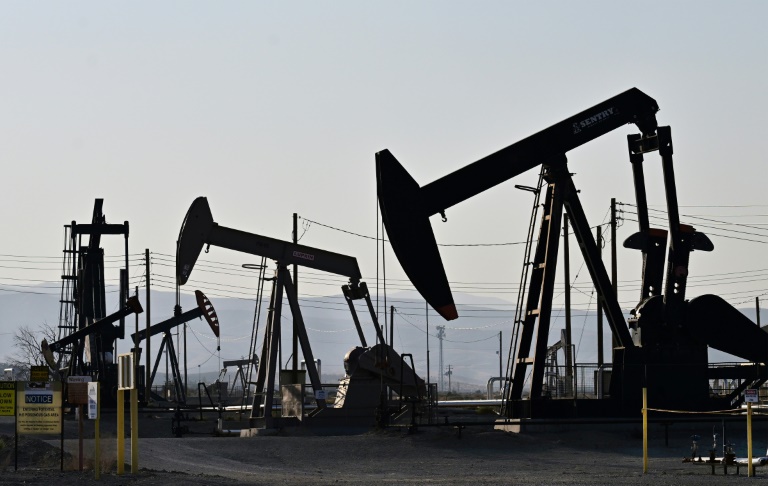Islamabad, Oct 30: Global commodities prices should fall to a five-year low next year due to a large oil glut, the World Bank said Tuesday,
which is ascribed to oversupply and flat demand from China.
The anticipated oil excess “is so large that it is likely to limit the price effects even of a wider conflict in the Middle East,” according to the Bank.
It attributed the anticipated surplus in part to a “major shift” taking place in China, where the demand for oil glut has plateaued due to a slowdown in industrial activity,
growing sales of electric vehicles, and demand for trucks powered by liquefied natural gas (LNG).
Additionally, the Bank stated that it anticipates a number of nations outside of the Organization of Petroleum Exporting Countries or its allies (OPEC+) “to ramp up oil production,” contributing to the overabundance and assisting in the nearly 10% decline in global commodity prices by the end of 2026.
Overall commodities prices will probably stay about 30% higher than they were in the five years prior to the Covid-19 outbreak, notwithstanding the steep drop.
“Better supply conditions and declining commodity prices can act as a buffer against geopolitical shocks,” stated Indermit Gill, chief economist at the World Bank, in a statement.
“But they will do little to alleviate the pain of high food prices in developing countries, where food-price inflation is double the norm in advanced economies,” he stated.
The World Bank predicts that food prices will decrease by 9% this year and by an additional 4% in 2025, although they will still be roughly 25% higher than they were in 2015 and 2019.
